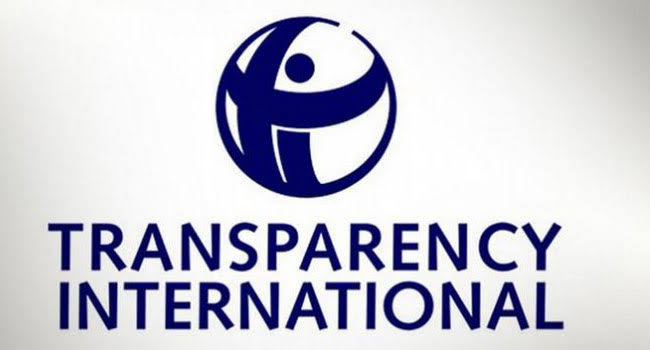According to report reaching oyogist.com, Transparency International (TI) on Thursday released its 2020 Corruption Perceptions Index (CPI).
The body noted that the CPI revealed that persistent corruption was undermining health care systems and contributing to democratic backsliding amid the COVID-19 pandemic.
Nigeria was ranked 149 out of the 180 countries assessed.
TI said countries that perform well on the index invest more in health care, are better able to provide universal health coverage and are less likely to violate democratic norms and institutions or the rule of law.
“COVID-19 is not just a health and economic crisis. It is a corruption crisis. And one that we are currently failing to manage,” Delia Ferreira Rubio, Chair of Transparency International said.
“The past year has tested governments like no other in memory, and those with higher levels of corruption have been less able to meet the challenge. But even those at the top of the CPI must urgently address their role in perpetuating corruption at home and abroad.”
The 2020 edition of the CPI ranks countries and territories by their perceived levels of public sector corruption, drawing on 13 expert assessments and surveys of business executives. It uses a scale of zero (highly corrupt) to 100 (very clean).
Denmark and New Zealand top the index, with 88 points. Syria, Somalia and South Sudan come last, with 14, 12 and 12 points, respectively.
Since 2012, the earliest point of comparison in the current CPI methodology, 26 countries significantly improved their CPI scores, including Ecuador (39), Greece (50), Guyana (41), Myanmar (28) and South Korea (61).
Twenty-two countries significantly decreased their scores, including Bosnia & Herzegovina (35), Guatemala (25), Lebanon (25), Malawi (30), Malta (53) and Poland (56).
Nearly half of countries have been stagnant on the index for almost a decade, indicating stalled government efforts to tackle the root causes of corruption. More than two-thirds score below 50.

